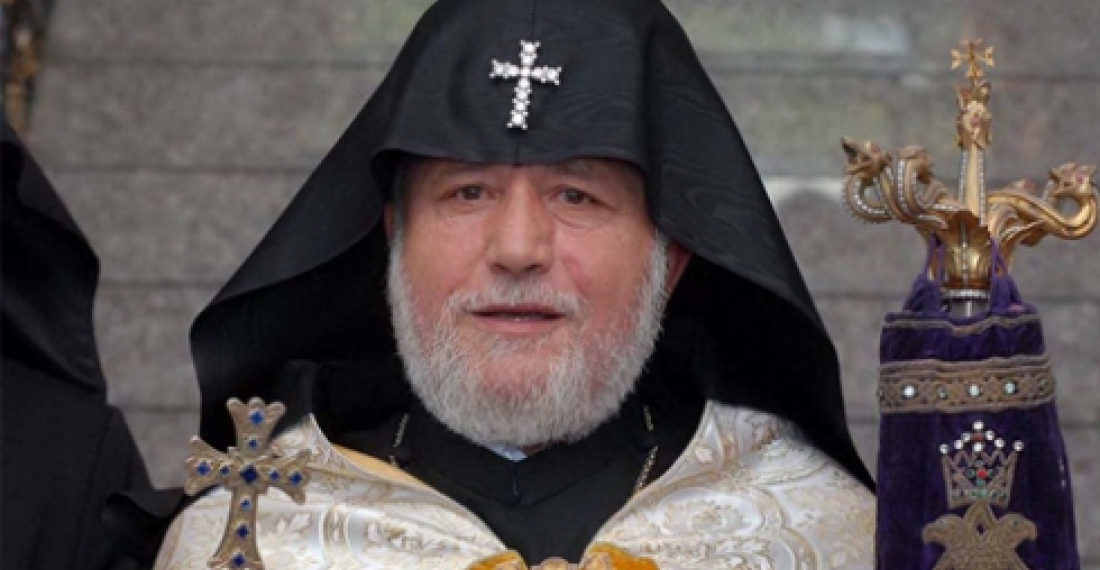The religious leaders of Armenia and Azerbaijan are ready to help the Armenian and Azeri presidents to settle the Nagorno-Karabakh conflict, Grand Mufti of the Caucasus Sheikh-ul-islam Haji Allahshukur Pashazadeh said during a meeting with President of Armenia Serzh Sargsyan on Monday.
The press service of the President of Armenia quotes Pashazadeh as saying that he welcomes any new step towards peace and expressing confidence that the Armenian and Azeri presidents will solve the problem. He said that he has repeatedly told the Azeri President that war cannot be a solution.
Sargsyan pointed out the importance of accord among religions and the need to create an atmosphere of tolerance in the region. He said that the religious leaders of Armenia and Azerbaijan can contribute to this process. The President welcomed the efforts of the Catholicos of All Armenians and the Grand Mufti of the Caucasus to settle the Nagorno-Karabakh conflict by means of a dialogue.
Pashazadeh has come to Armenia to attend the meeting of the CIS Inter-Religious Council.
Religious leaders of Armenia and Azerbaijan ready to help Armenian and Azeri presidents to settle Nagorno-Karabakh conflict
Religious leaders of Armenia and Azerbaijan ready to help Armenian and Azeri presidents to settle Nagorno-Karabakh conflict







